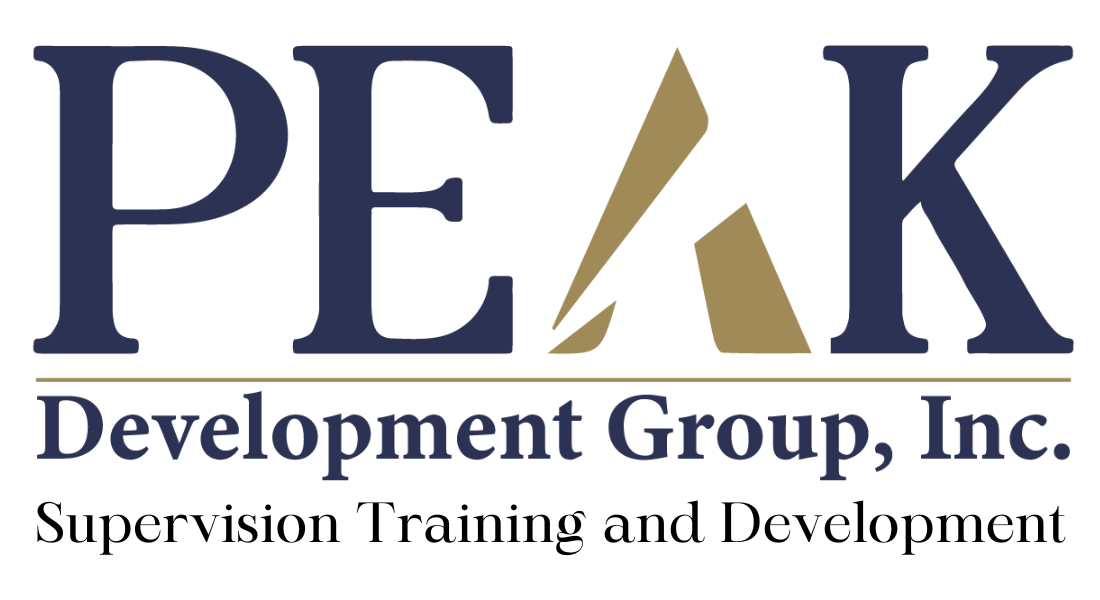LPCA and YourCEUs.com present...
The Neuroscience Series
Neuroscience is driving a transformative shift in clinical practice. From affect regulation to trauma-informed care, the scientific research is clear and ready to be applied. This groundbreaking series brings you the most current and relevant findings in neuroscience, translated into practical, real-world strategies to enhance treatment effectiveness and deepen your understanding of the human mind.
What modules do I attend?
Attend one module, a few, or attend them all! You can pick and choose which modules you would like to attend. See below for details to see which module topic you may be interested in!
What is the Certified Applied Neuroscience Counselor (CANC) Certification?
Attend all 12 modules to be eligible to become a Certified Applied Neuroscience Counselor (CANC). Sessions are held each month, year-round, so you can jump in at any time. Once you have attended all 12 modules, you are eligible to apply and take the exam for the CANC Certification through CCALP.org. All certification processes are managed by CCALP.
April 10, 2026
The Spectrum of Feeling; Emotional Granularity in Neuroscience-Informed Therapy
3 Core Hours
$79 LPCA Members
$99 Non Members
May 8, 2026
Speaking to the Brain: Neuroscience-Informed Communication Skills
3 Core Hours
$79 LPCA Members
$99 Non Members
June 12, 2026
Pathways to Healing: Cutting-Edge Interventions for Depressive Disorders
3 Core Hours
$79 LPCA Members
$99 Non Members
July 10, 2026
The Clinician’s Guide to Neuroscience-informed Case Conceptualization
3 Core Hours
$79 LPCA Members
$99 Non Members




